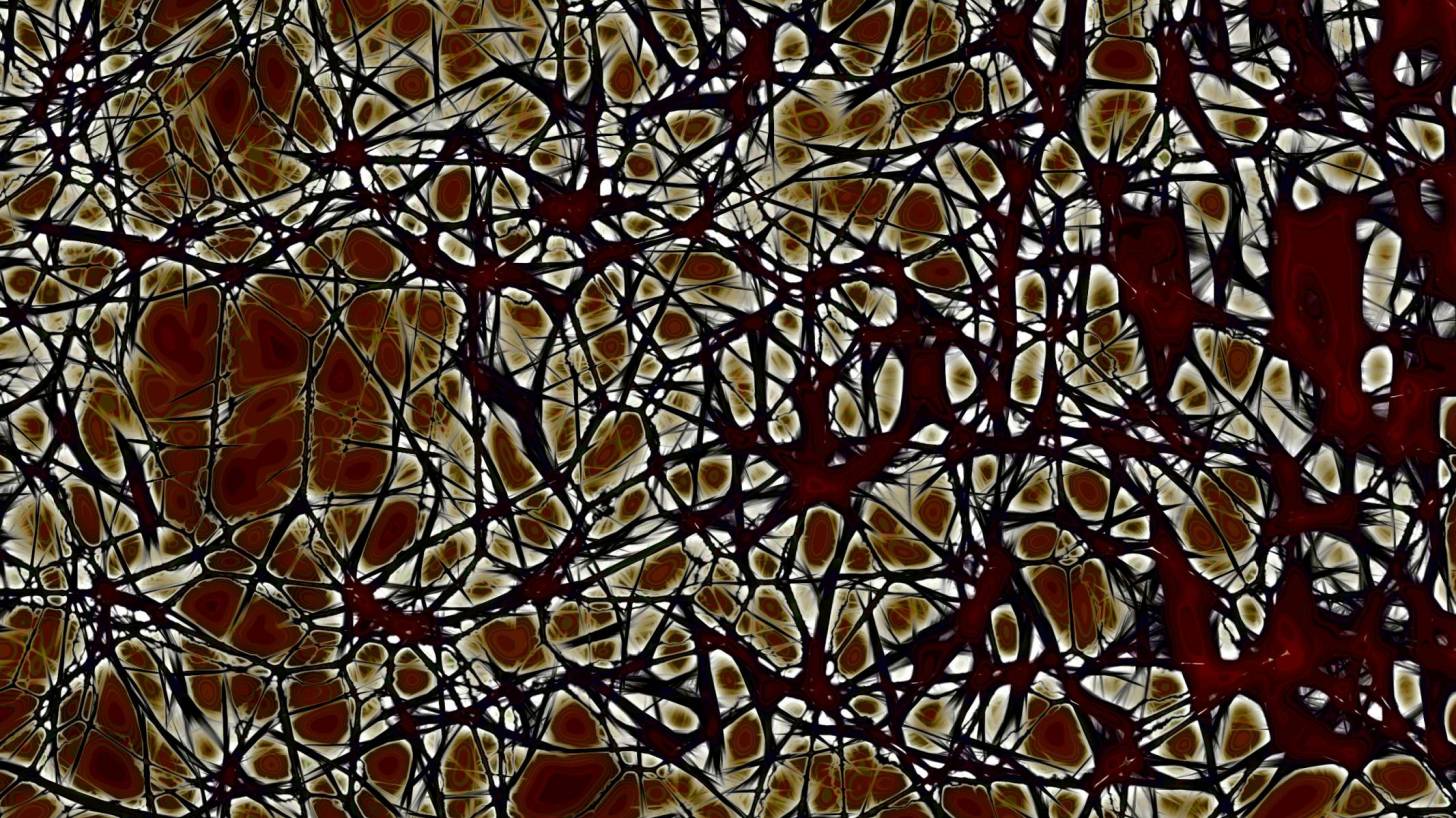Pharmacy Students Develop Compound Targeting Glioblastomas

Pharmacy students at the University of Findlay (UF) in Ohio announced the development of an experimental oral compound that targets glioblastomas, the most aggressive form of brain cancer.
If proven successful, this kind of medication could remove the need for risky medical procedures that require physical access to the brain tissue.
The chemistry, physiology and pharmacology research is in its infancy, with years of study to determine the medication’s efficacy.
After a series of trials and errors, associate professor Rahul Khupse, Ph.D., and the UF research team, said in a press release on August 12, 2019, created the compound RK15, which is very reactive, can kill cells, and create covalent bonds.
Dr. Khupse said his student team will continue work on this research through animal testing.
Assistant Bernard Bahnam said, “Coming up with something out of nothing which will eventually help someone is so rewarding.”
Medication has a hard time reaching certain parts of the brain due to a lining known as the blood-brain barrier (BBB).
Formed by brain endothelial cells, the brain uses this tool to protect itself from fluctuating plasma levels and disease-causing pathogens while still allowing oxygen and amino acids through.
Basically, ‘it ensures that if you have a pathogen or toxin in your bloodstream it won’t get to your brain, but oxygen and glucose you need to live.’
While beneficial for healthy individuals, it does create an issue when patients with brain tumors, brain disease, or neurodegenerative diseases such as Alzheimer’s need medication to pass through.
By finding a compound that can breach the BBB, medication can then be attached to the compound and have a greater impact on the brain.
Dr. Khupse and his student workers chose which molecules to use, wrote the chemical reaction on paper and determined how much of each product would be added to each vial.
Next, they weighed the products and let them sit, or spur on the reaction with heat or movement.
Finally, they used the nuclear magnetic resonance (NMR), mass spectrograph and chromatology machines to inspect the finished compound, discover the accurate final product, and recording the findings.
Maribel Llamas, another student on the project, said, “Even when a compound did not work, we still learned something and that is the point of research.”
Recent Glioblastoma vaccine news:
- Baylor To Launch Glioblastoma Vaccine Study
- Glioblastoma Patients Receiving Combination Therapy With SurVaxM Reported Positive Immunogenicity
- Glioblastoma Vaccine Shows Positive Phase Ib Study Results
This research has enables pharmacy students to gain practical experience with drug development and machinery while exploring a less well-known career path in pharmacy.
Assistant Rachel O’Malley said, “I was able to see how concepts I learned in my classes can be applied and learn that this is a real career I could have in pharmacy.”
But, these experiments haven't been described in a peer-reviewed scientific paper, nor tested in animals or humans. Which means, the RK15 compound’s probability of success is minuscule.
The National Cancer Institute estimates that 22,850 adults (12,630 men and 10,280 women) were diagnosed with brain and other nervous system cancer in 2015. It also estimates that in 2015, 15,320 of these diagnoses resulted in death.
Published by Vax Before Cancer
Our Trust Standards: Medical Advisory Committee

























